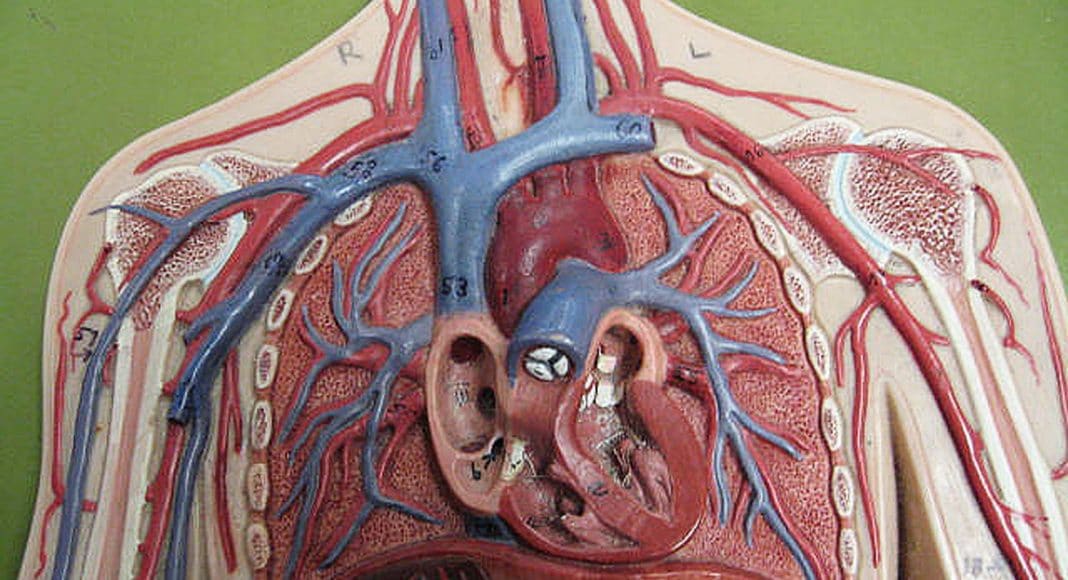Cannabinoid receptors are present in the brain, the blood vessels, and the heart. Clearly, there could be a role for cannabis in maintaining optimal blood pressure and a healthy heart. What we’ve got, however, is a ping-pong match of conflicting findings and lots of unresolved questions regarding marijuana and hypertention.
Service!
- Point:
Smoking weed can double your heart rate. That’s one of several reasons why it might feel like the floor is tilting under your feet is you stand up too quickly after hitting the bong. It’s also the reason a few individuals have a heart attack right after smoking out. - Counterpoint:
The effect is temporary. If you persist (and don’t die), your body will adjust and this effect will eventually go away. - Point:
Longterm marijuana use can trigger heart attack. A 2014 report found “associations between marijuana use and serious adverse events, including myocardial infarction, sudden cardiac death, cardiomyopathy, stroke, transient ischemic attack, and cannabis arteritis.” One of the studies that report was based on determined that the risk of heart attack was elevated 4.8 times in the hour following marijuana use. -
Related Story: Why Cannabis Is A Power Plant For People With Diabetes
- Counterpoint:
That seldom actually happens. Says the author of that second report: “For a 50 year old without any other risk factors, this translates to a change in absolute risk of a 10-in-a-million chance of having a heart attack in the first hour after smoking marijuana.” After the first hour, it gets even smaller. In fact, a 2014 Harvard study found “no statistically significant association between marijuana use and mortality.” - Counter-Counterpoint:
If you are at risk, be careful. After all, you really could die. That’s more or less the position of NORML, a pro-legalization organization, that’s also a good source of legal and medical information about cannabis. - Agreement:
Cannabis research is suggestive. The endocanabinoid definitely has some kind of role in regulating blood pressure. At least in mice. One important study, from 2004 found that stimulating CB1 receptors lowered blood pressure in lab mice. Interestingly, blocking those same receptors increased blood pressure only in those mice that already had hypertension. Normal mice remained normal.Findings like that have made it almost mandatory in every cannabis and heart study to include a clause acknowledging that the endocannabinoid system “may offer novel therapeutic approaches.”


